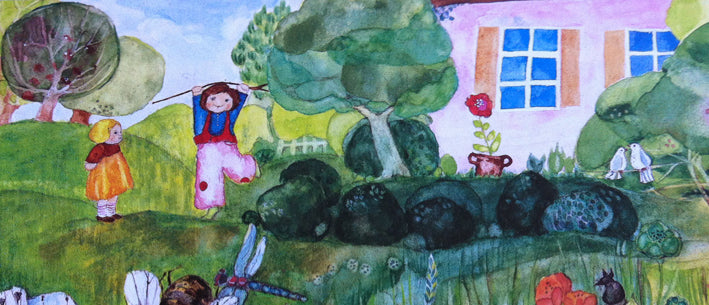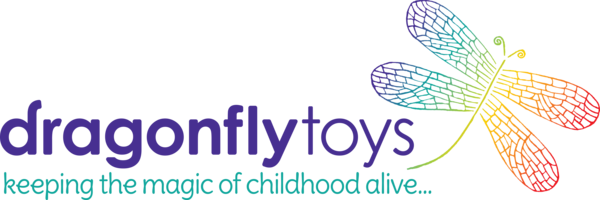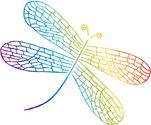belonging
 To belong is to feel included. It is to feel welcome and connected to what is going on around you. Belonging, being and becoming are all critically important in early childhood. Belonging however is crucial because of the role it plays in enabling being and becoming to occur. Belonging helps to give children the security and confidence to explore their world. By building a sense of belonging we also build identity, wellbeing and the ability to learn.
To belong is to feel included. It is to feel welcome and connected to what is going on around you. Belonging, being and becoming are all critically important in early childhood. Belonging however is crucial because of the role it plays in enabling being and becoming to occur. Belonging helps to give children the security and confidence to explore their world. By building a sense of belonging we also build identity, wellbeing and the ability to learn.
Belonging is the basis for living a fulfilling life. Children feel they belong because of the relationships they have with their family, community, culture and place. Belonging is central to being and becoming in that it shapes who children are and who they can become.
Experiencing belonging – “knowing where and with whom you belong is integral to human existence.” When children have positive experiences they develop an understanding of themselves as significant and respected and feel a sense of belonging. Relationships are the foundations for the construction of identity. “Who am I”, “how I belong” and “what is my influence”. Early Years Learning Framework
‘Resilience and emotional intelligence depend largely on a sense of connectedness, belonging and empathy with others. Belonging implies being part of group which in turn requires the development of moral actions such as honesty, altruism and caring.’ – Andrew Fuller
Contemporary view of learning has changed from a ‘filling an empty vessel’ approach to an approach which views understandings as being socially constructed, with relationships, partnerships and participation central to learning. It is more about ‘sparking a flame’ than filling the vessel.
Because belonging is about being part of a group, relationships are critical. When we develop meaningful relationships with children and their communities we help to create a sense of belonging. Making sure that we treat everyone as an individual, worthy of our time and our respect is a good start. Openly welcoming and accepting the diversity of different cultures, backgrounds and beliefs also helps families and children to feel that “this is a place I can belong”.
“A healthy social life arises when the whole community finds its reflection in the mirror of person’s soul, and when the virtue of each person lives in the whole community.” Rudolf Steiner
Children develop and actively construct their understanding in the social and cultural ways of their communities, that is, it depends on the context in which they are growing up. In other words, children’s understandings are constructed as they interact with and make meaning from their experiences in their complex natural and constructed (physical and social) worlds.
Belonging from a parent or educator perspective relates to connections and relationships with other educators and professionals from other disciplines, participation in professional organisations and networks, rituals, celebrations, and community involvement.
Some key principles to creating a strong sense of belonging include:
- Secure, respectful and reciprocal relationships
- Secure relationships and positive interactions
- Genuine partnerships with families and community members
- Respect for diversity, equity in relationships
- Children have a strong sense of identity
- Children participate in communities
- Children have a strong sense of wellbeing
- Children are confident and involved learners
- Children are effective communicators
- Educators and parents have high expectations and equity
Some key points to consider when reflecting on your environment and how it supports belonging include how does your physical environment:
- encourage children to act independently?
- promote and encourage interactions with other children?
- support children to understand their own feelings and develop empathy towards others?
- encourage responsive relationships between significant adults and children?
- assist you to turn spontaneous opportunities into intentional teaching experiences?
We have curated the below toys and resources by way of supporting a child’s belonging. Ritual and celebration form a significant part of belonging as it is through these interactions that community is woven. We believe in connecting parents and educators to a sense of belonging through literature and we hope you will find resonance and community.
“That is part of the beauty of all literature. You discover that your longings are universal longings, that you're not lonely and isolated from anyone. You belong.” ― F. Scott Fitzgerald
Being Belonging and Becoming are part of the Early Years Learning Framework which contains additional tools and resources.

